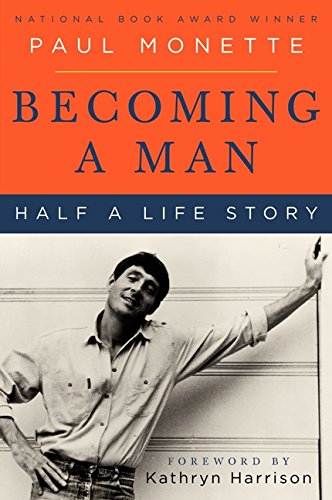This Week’s Guest: Glenn Kiser
You might not recognize the name Glenn Kiser, but he's had a hand in countless films over the last three decades -- helping to craft films in editing rooms alongside directors like David Fincher, Spike Jonze, and Jane Campion, before moving on to run Skywalker Sound for George Lucas and now the Dolby Institute. As a kid, Glenn would obsess over movies and dream of the day he could make his own. And just like gathering elements of a story in an editing room, he crafted the steps in his career that would take him from living on an isolated ranch in Texas to working at Skywalker Ranch.
And I hope you'll join us for the next Sewers of Paris live chat, with Scott Flanary, winner of The Amazing Race Season 29. It's on Saturday December 29 at 2pm pacific.
The Sewers of Paris is listener supported -- click "support the show on Patreon" join the folks who make the show possible.
And for more queer podcasting, check out Queens Of Adventure to hear drag queens on an epic Dungeons & Dragons quest. And we'll be doing our next Queens of Adventure livestream on Saturday December 22, so head over to QueensOfAdventure.com for details.
This Week’s Recommendation: Auntie Mame
Thanks again to Glenn for joining me. We talked a bit about Auntie Mame, and now is indeed the perfect time of year for that film. Or for the book on which it's based. Or if you're really devoted, the musical adaptation Mame starring, for various reasons, none of them good, Lucille Ball.
None of these works is entirely perfect -- their handling of racial stereotypes is particularly unpleasant -- but they also manage to achieve moments of sheer delight.
Auntie Mame, in whatever form you consume it, is a delightful work of mid-century art. The film is a 1950s romp with bright phony soundstages and bellowing performances that overflow with camp, centered around a wacky aging aunt who lives a life entirely on her own terms, much to the horror of everyone around her.
At times, the movie manages to accidentally anticipate the freedom of the 60s, but gaily depicts it as originating not in youth culture but from a powerful grande dame.
It's no wonder queer folks are drawn to the character -- created by Patrick Tanner, a bisexual man. As Mame, Rosalind Russell emits a perfect form of manic free-spirited energy to demolish what today we would call "the patriarchy" but back then would simply be "life." And although the two movies lean heavily on the uptight heterosexual nephew as a framing device, Mame has no time for the stodgy times in which she lives, and flies from one madcap caper to another.
Whether her story is contained within the context of the Depression, the pre-feminist 50s, or who knows maybe someday a contemporary remake, Mame's refusal to even consider that she might be beaten down by her circumstances is inspiring. Insane, sure. But the inspiring kind of insane.



